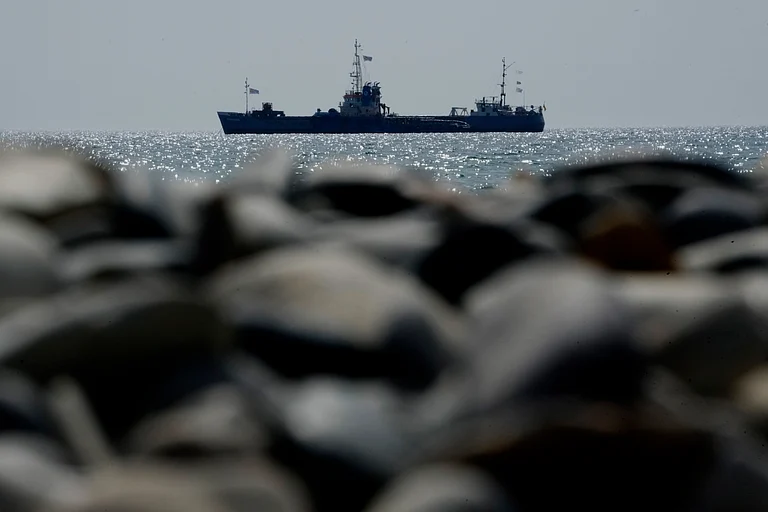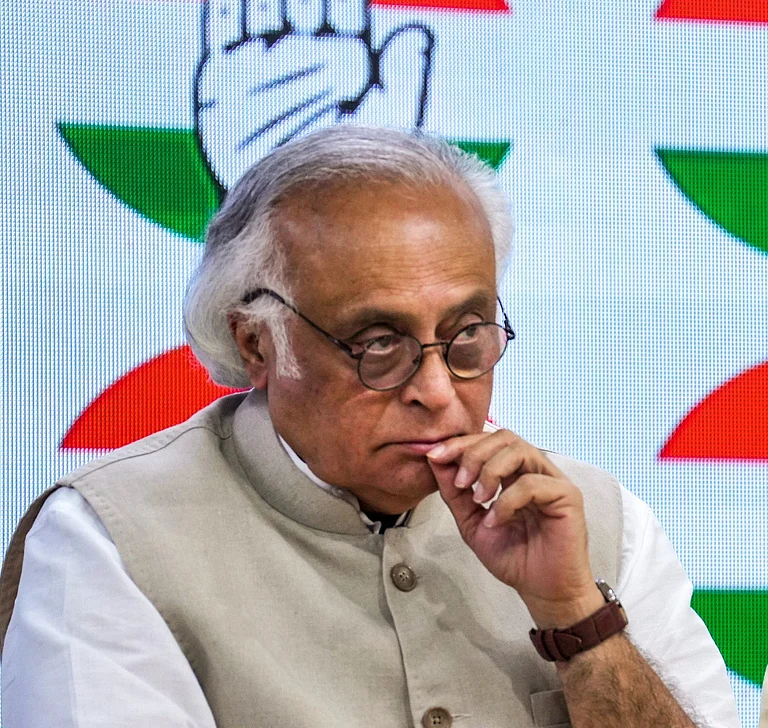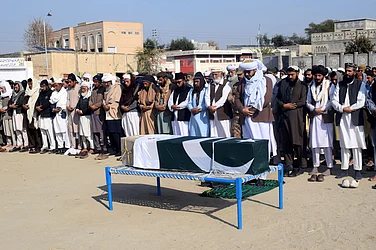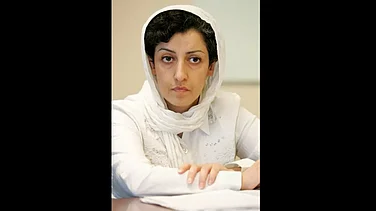At 15, he was playing football like a regular kid—until armed men tore him away from everything he knew. Abducted by the paramilitary Rapid Support Forces (RSF), the boy, along with around 40 other teenage boys from Omdurman, was forced into servitude. At first, his role was limited to menial tasks—washing the fighters’ clothes and polishing their boots—but then, he was sexually assaulted. Soon after, he was handed a Kalashnikov and given a chilling ultimatum: “If you don’t take the rifle and fight with us against the army, we will kill your families.”
Drugged and force-fed stimulants, he and several other boys were chained to a pickup truck and driven to the battlefield south of Khartoum. In a twist of fate, a surprise drone attack on their convoy allowed the boy to escape. He was later taken into custody by the Sudanese Armed Forces (SAF). He is now in a safe house in Omdurman, the city adjoining Sudan’s capital.
“I wish this war had never happened,” he said, echoing the anguish of countless Sudanese children trapped in a conflict they never chose and one they never asked for.
This harrowing account was reported by Andres Schipani from Omdurman and reflects just one of the many tragedies that have unfolded in Sudan since the civil war erupted in April 2023. As the Sudanese Armed Forces (SAF) and RSF battle for control, it is civilians—especially women and children—who bear the greatest suffering.
Reflecting on the broader issue of child exploitation in conflict zones, Mushtaq Hussain, Assistant Professor of Political Science and International Relations at BITS Law School, Mumbai, said, "Unfortunately, the story of the 15-year-old boy is a 'trending' story that came to light, while many such stories are actual lives of a large number of children across Africa."
Schipani’s report also tells the story of a 16-year-old girl from Omdurman who recounted how RSF soldiers tied her up and raped her while beating her brother in the next room. “They have no mercy; there is no humanity in them,” she said, speaking for countless women who have endured similar fates.
A Conflict Ignored By The World—But Why?
“We’re now 16 months into this conflict, and we don’t see an end in sight,” said Clementine Nkweta-Salami, the UN humanitarian chief in Sudan. “We see fighting, hunger, and disease closing in.” Over 10 million people—nearly a fifth of Sudan’s population—have been displaced by the relentless fighting, according to the United Nations. Many endure unimaginable hardship in makeshift camps or are forced to flee across borders, searching for safety.
When asked why the crisis in Sudan has not received attention despite its massive scale and gravity, Mushtaq Hussain explained, "They are able to do all of this because the world's focus is elsewhere, and when I say world here, I mean the West."
“Sudan is not the first place where rape has been weaponised—it happened in Congo, Somalia, and Nigeria, among others. But there is no way of sugarcoating this; it is racism on the part of the West when it is not raising these issues with the urgency they deserve."
The Human Cost of War
The human cost has been staggering in the shadow of this power struggle. Women and children face extreme vulnerability—many have experienced sexual violence, abduction, and forced conscription, just like the young boy from Omdurman.
"What happened in Sudan is that it initially started as a civil war between two factions of the military, which at first were acting professionally, like trained soldiers do. But the lack of any breakthrough and the see-saw manner in which both sides are gaining and losing different territories has forced both sides to adapt," Hussain explained. "Unfortunately, what they have now adapted to is the use of child soldiers.”
Hussain went to the extent of describing the children at war as mere “cannon fodder” for both sides.
With hospitals and infrastructure collapsing, access to food, clean water, and medical aid has become scarce, and disease outbreaks are spreading. This conflict, largely forgotten by the world, represents one of the worst humanitarian crises of our time.
Reiterating the dire situation of humans in this never-ending war governed by global power politics, Hussain stated, "Every country's approach to these conflicts, including the current situation in Sudan, is essentially driven by their own narrow, selfish, and national interests. And in all of this, the real issues of women and children get sidelined."
Women And Children: The Forgotten Victims
Human Rights Watch has documented widespread sexual violence, used as a tool of war by militias. The 16-year-old girl’s story is only one of many. Women across Sudan have been abducted, raped, and tortured, their bodies used to exert control in the ongoing conflict.
Children, too, are paying a heavy price. Many have been recruited into militias as child soldiers, forced to fight in a war they do not understand. According to a UN report, children as young as 12 have been kidnapped, drugged, and sent into battle.
"The LRA (government) did not come up with this but took it to an alarmingly destructive level," said Hussain. "Some of the LRA units were exclusively made of child soldiers. The success of such tactics in countering government forces led many other organisations, state or non-state, to adopt similar strategies across Africa—whether it was Somalia or Burkina Faso."
A Crisis Of Displacement And Hunger As A Weapon of War
The mass displacement in Sudan has forced millions of people to flee their homes, often trekking for days through dangerous territory in search of safety. Families arrive at overcrowded displacement camps, such as Zamzam in Darfur, with little more than the clothes on their backs. But the camps offer little relief. Famine has set in, with children suffering the most.
A mother in the Zamzam camp stays there with her two-year-old daughter, who weighs just 5 kilograms after months of severe malnutrition. “My child has lost her sight because of the hunger,” she says, her words reflecting the grim reality for many mothers trying to save their children from starvation.
Hunger has become a weapon in Sudan’s war.
The SAF and RSF have been accused of blocking humanitarian aid and preventing food and medical supplies from reaching their control areas. “This is a man-made famine, weaponised by systematic violations of international humanitarian law,” said Tom Perriello, a US envoy for Sudan. With aid convoys frequently attacked and looted, millions of Sudanese civilians are left without access to food.
Nearly 25 million people are facing life-threatening food insecurity, according to the UN. In the displacement camps, hunger and disease are rampant. The reports of starving children dying in their mothers' arms are a stark reminder of the humanitarian catastrophe that continues to unfold.
A Bleak Future For Sudan’s ‘Forgotten’ Civilians
While other global crises dominate headlines, Sudan’s war escalates with little attention.
"This is arguably the world’s most devastating war, and there is no sign of a decisive winner, still less a tangible peace deal," said Nkweta-Salami.
For Sudan’s civilians, the future remains bleak. “We have been forgotten,” said a young mother in a displacement camp. As homes are destroyed, families are torn apart, and futures remain uncertain, Sudan’s civilians are the real victims of a war that shows no signs of ending.


























